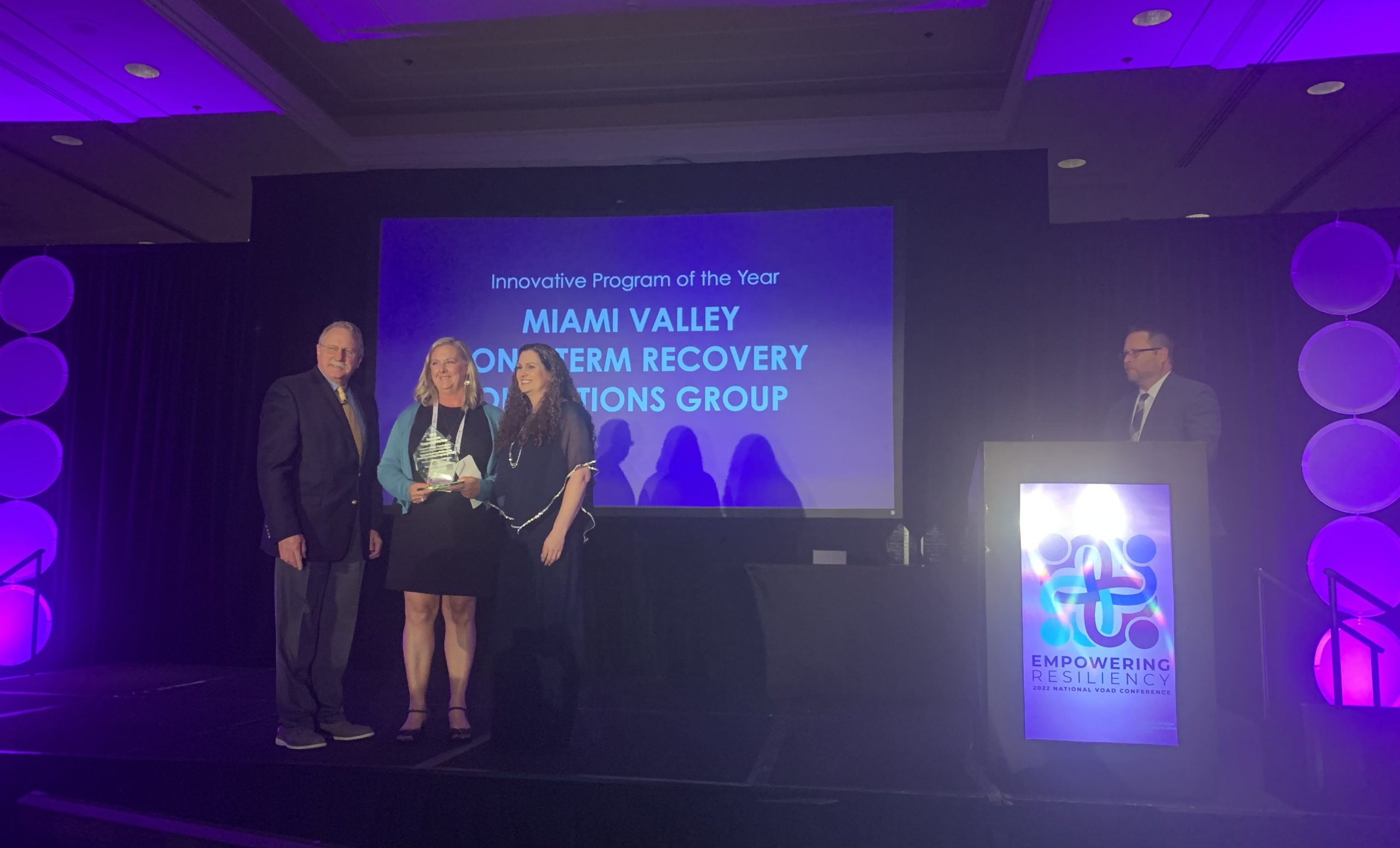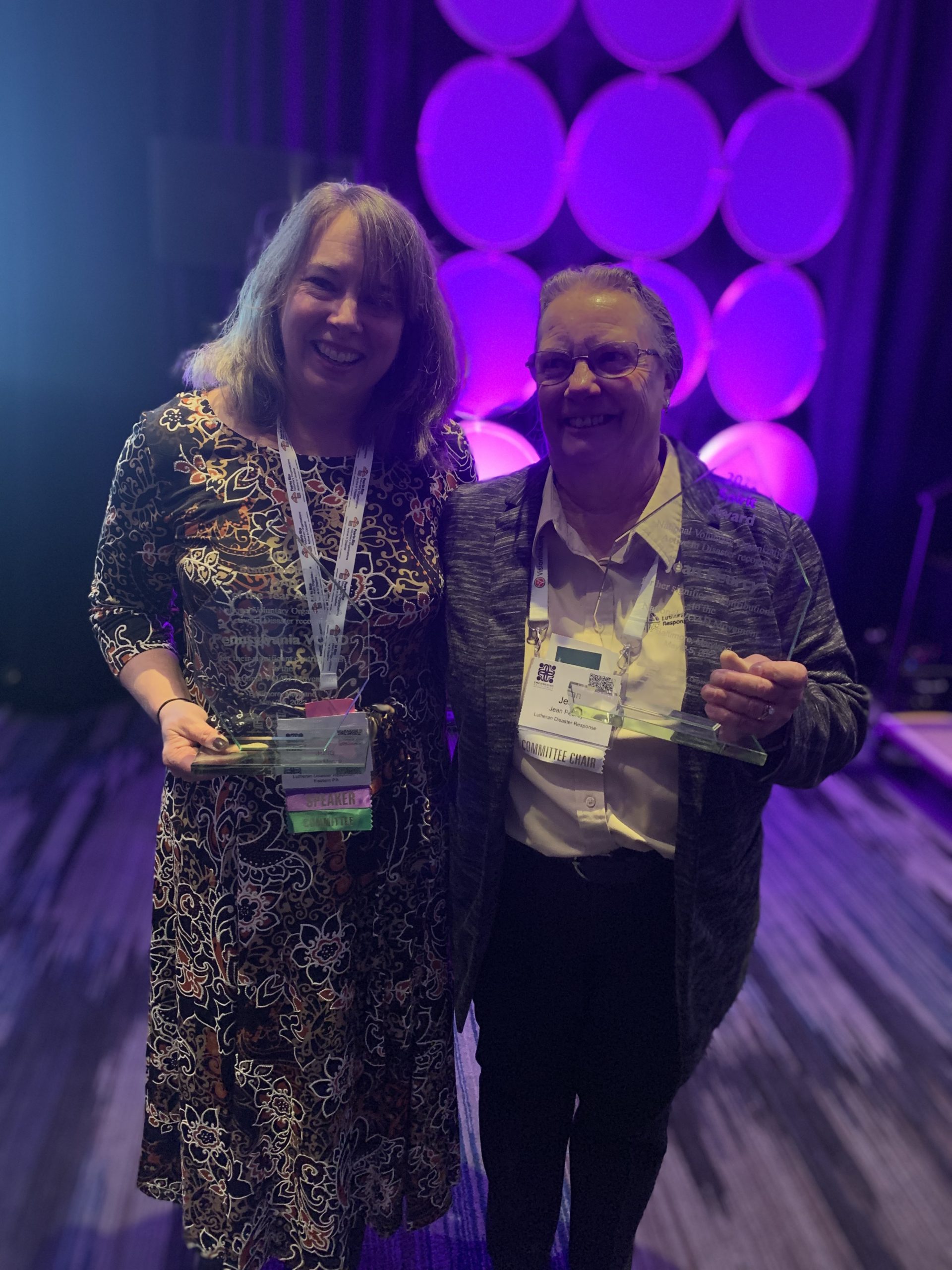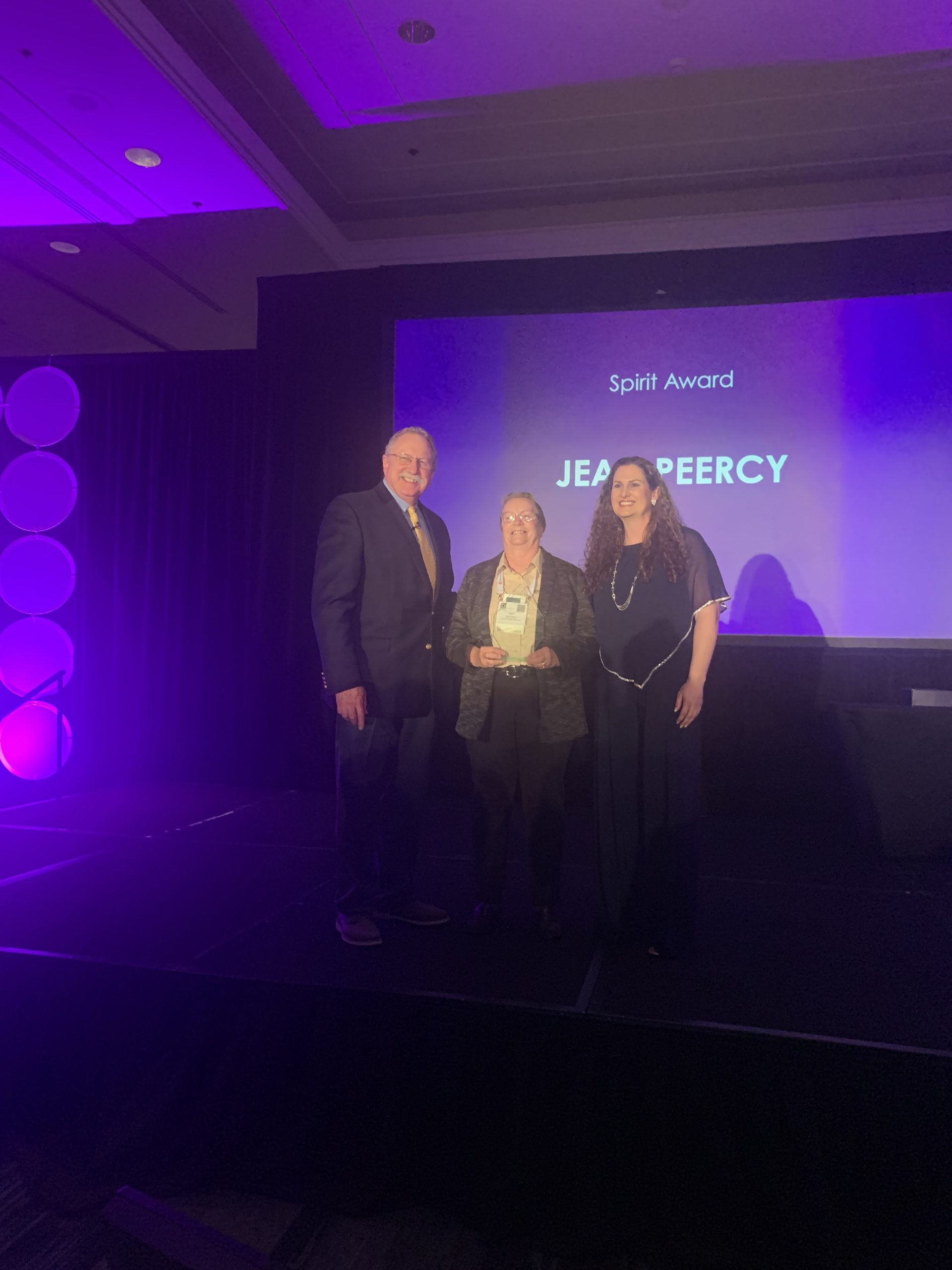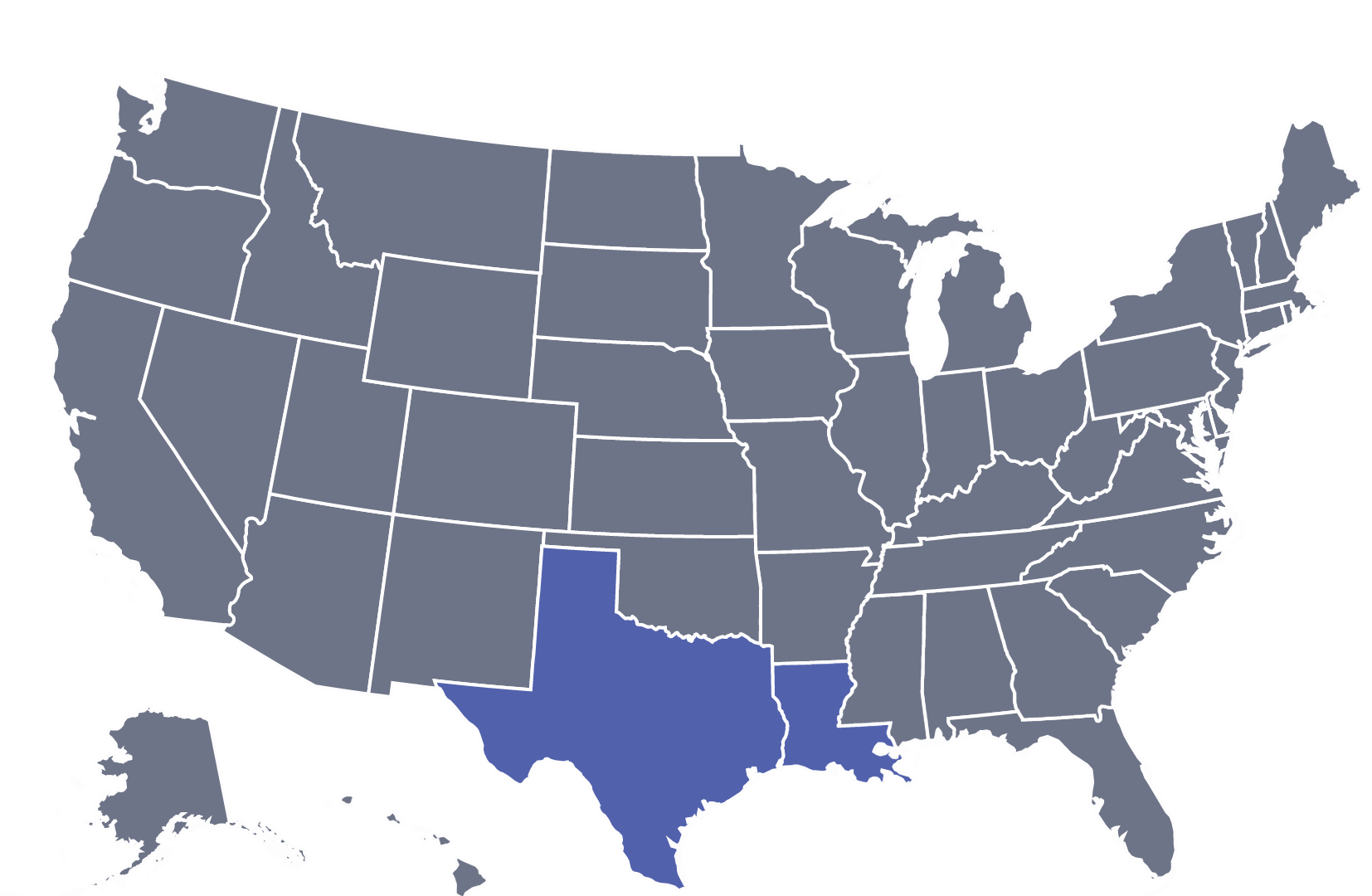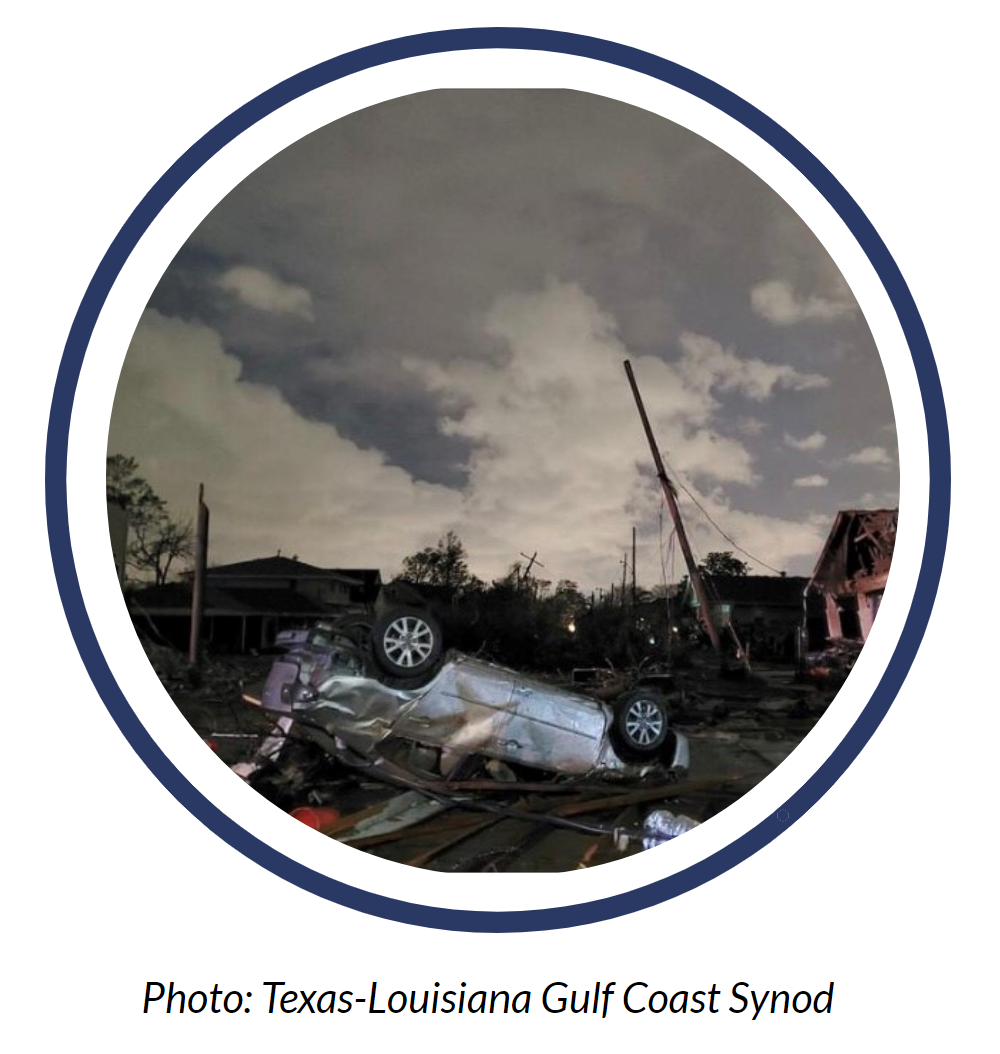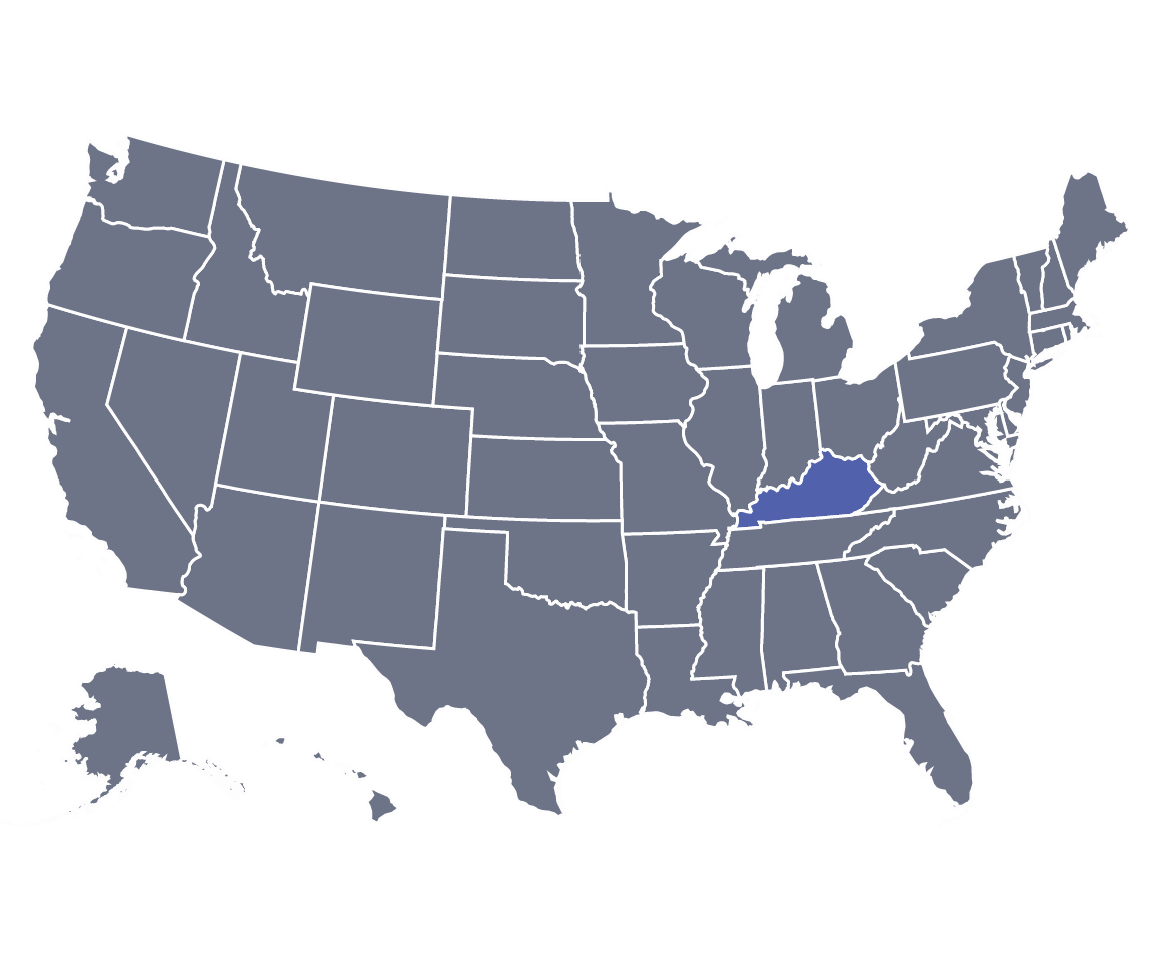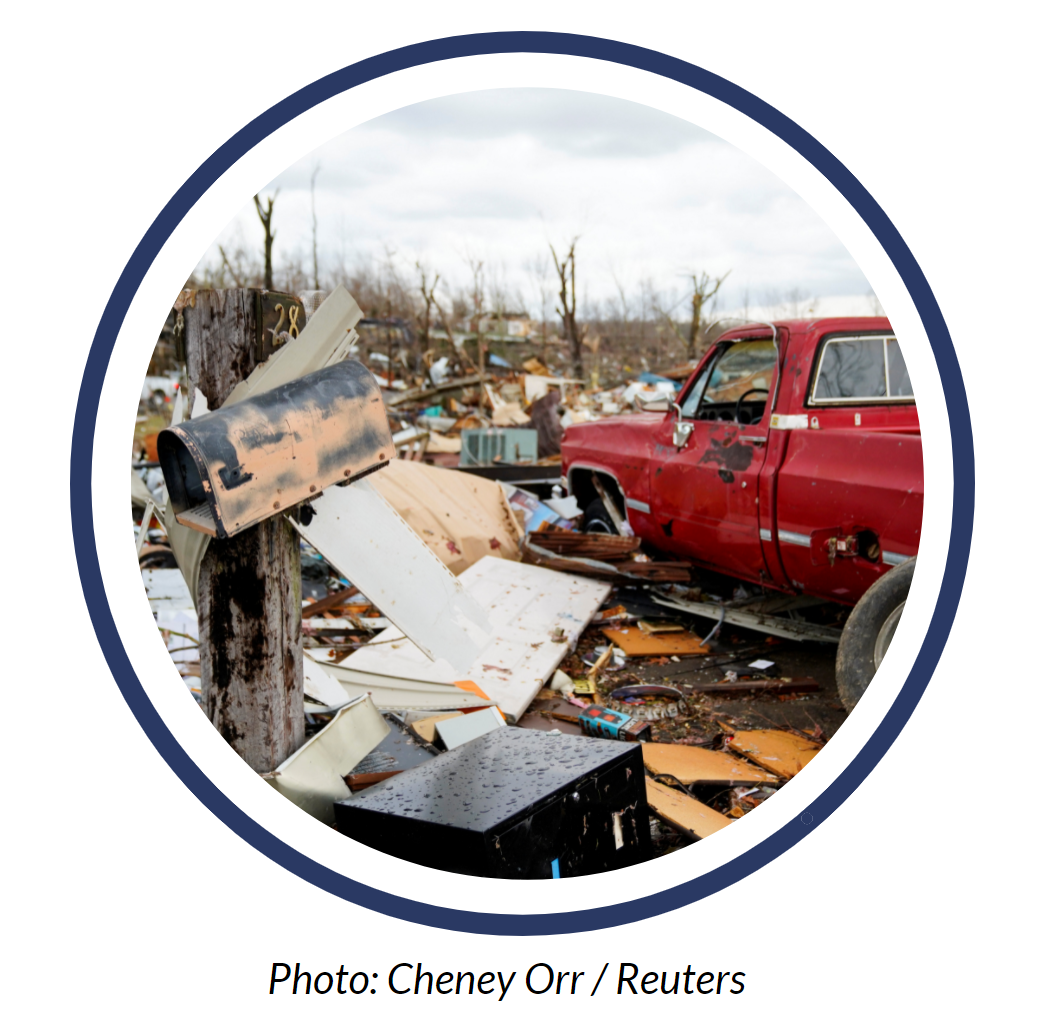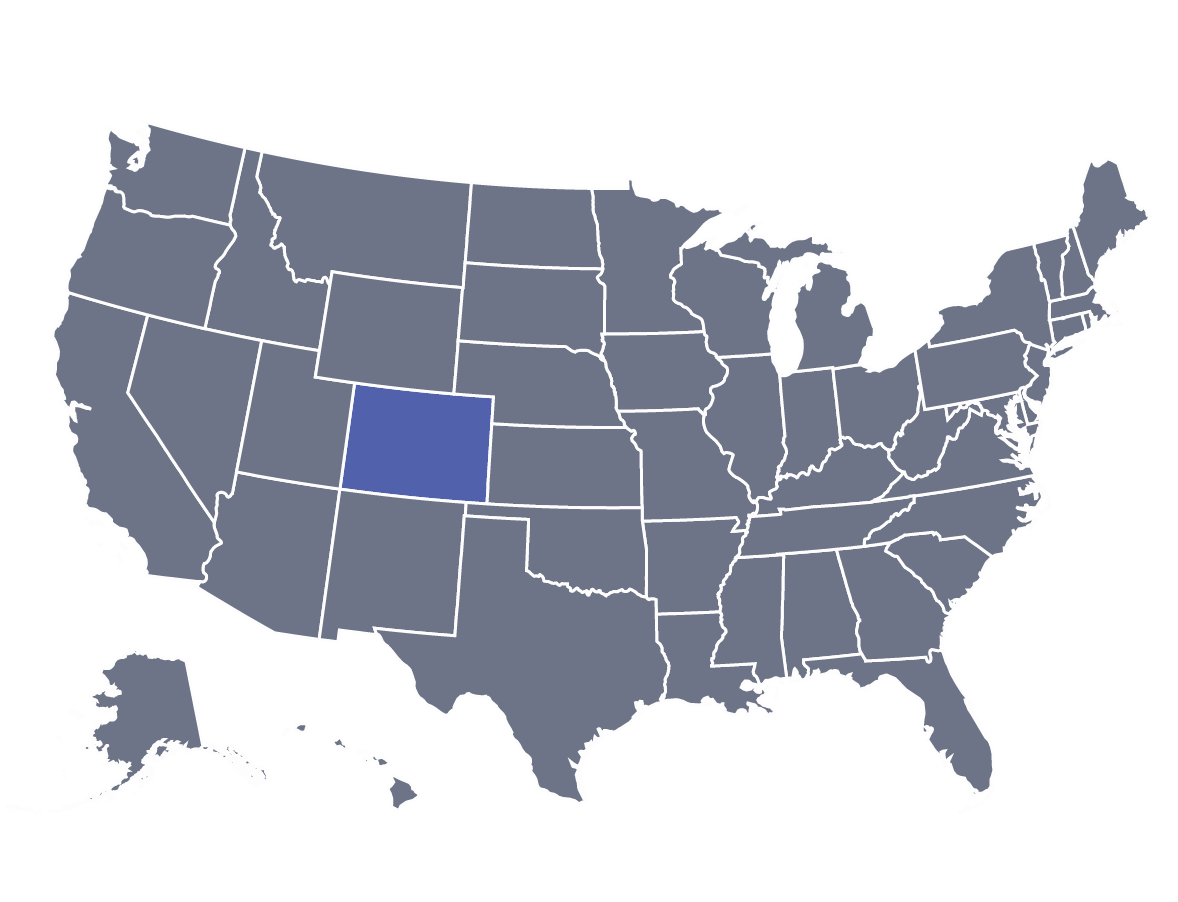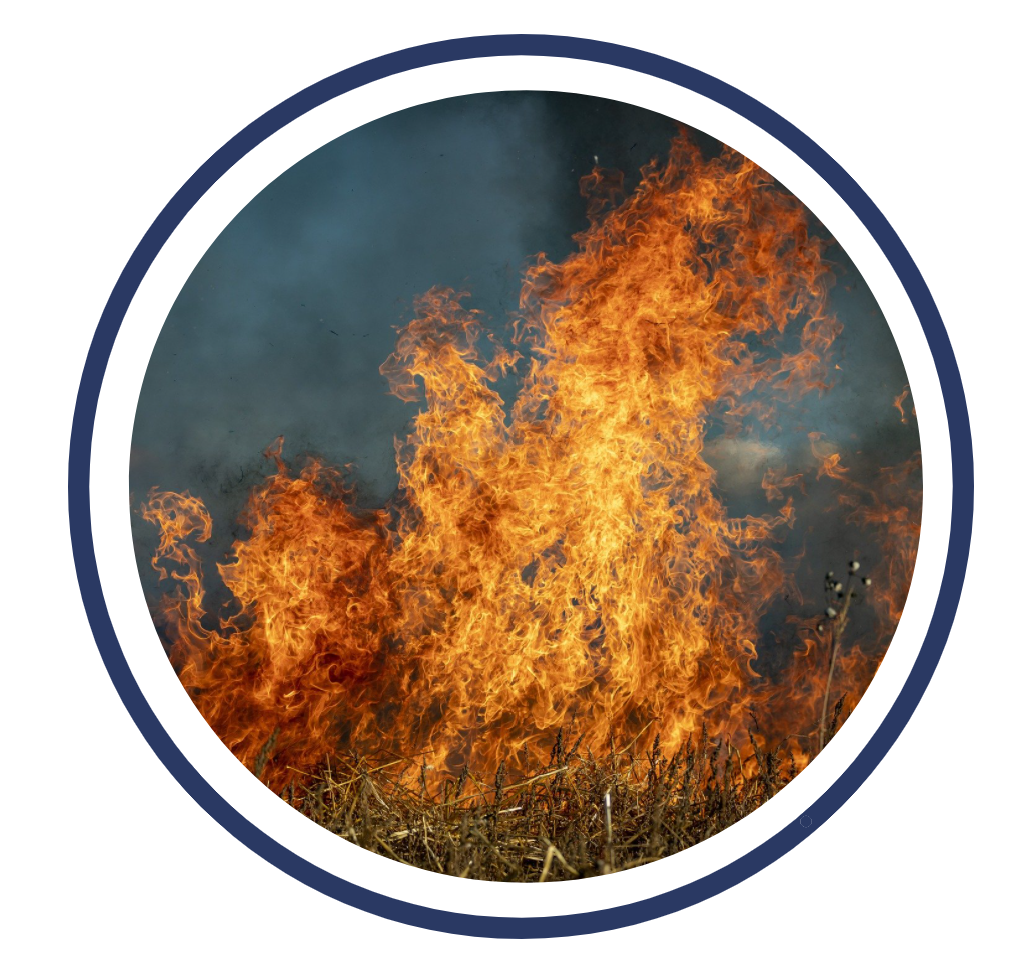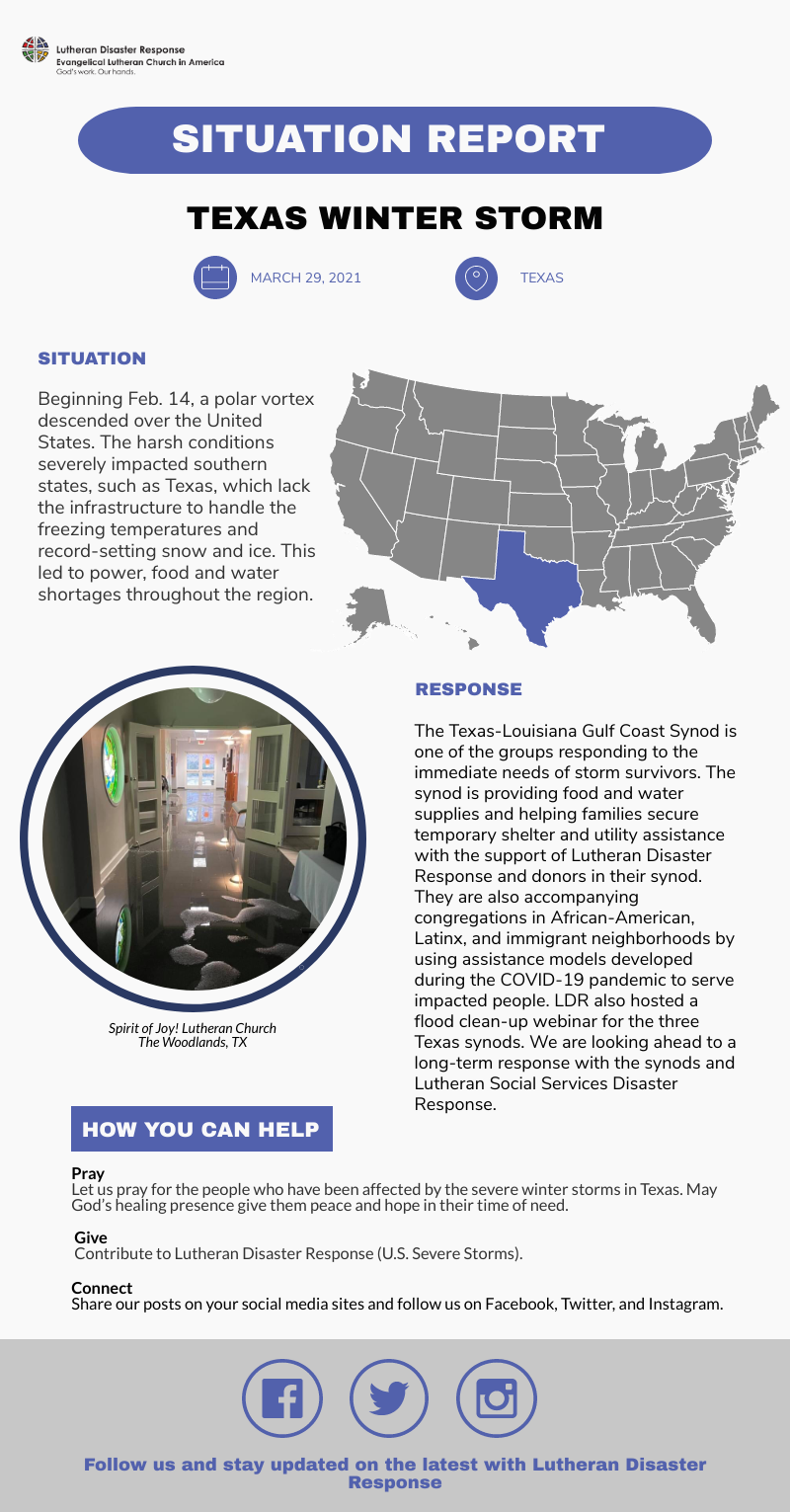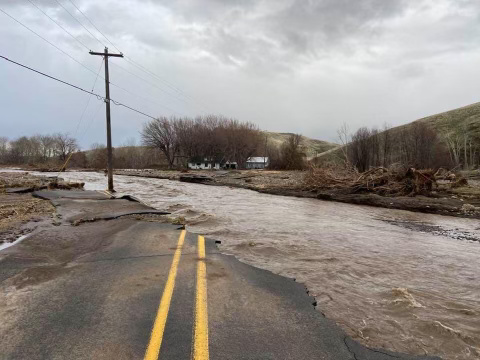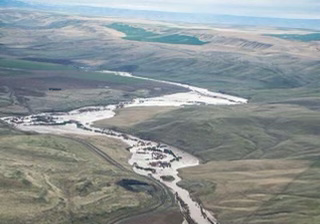On May 2-5, National Voluntary Organizations Active in Disaster, National VOAD, held its annual conference in Baltimore, MD. Lutheran Disaster Response (LDR) is a National VOAD member and has been a strong player in the VOAD movement.
National VOAD is a coalition of community-based, faith-based and nonprofit disaster response organizations throughout the United States. Its purpose is to serve as a forum in which organizations can coordinate responses. In addition to the more than 70 national member organizations, there are also VOADs at the state and local levels.
The National VOAD Conference consists of various plenary sessions, interactive workshops, networking opportunities, meals and vendor exhibitions. Due to the pandemic, 2022 was the first year since 2019 that the conference took place in-person and it brought together over 700 participants. On May 4, LDR hosted a dinner to create a space for LDR partners to connect. This year, 19 people representing 13 LDR network partners were present. At the VOAD National Conference Annual Award Dinner, a number of LDR network members were recognized for their work in disaster response:
Innovative Program of the Year – Miami Valley (Ohio) Long-Term Recovery Operations Group Tornado Survivor Pathway to Home Ownership
The Innovative Program of the Year is awarded to a local, regional, state or territory VOAD or a VOAD member organization for exceptional innovation or ingenuity through the development and implementation of a program or project that has:
- Provided a long‐term solution to a specific community’s problem utilizing one of the Four C’s of National VOAD (collaboration, cooperation, communication, coordination); or
- Created a unique project or program that filled a gap or unmet need in a community in preparing for, responding to, and/or recovering from disasters that positively impacted the lives of victims and could be replicated as a model for other communities.
This program helps families who lost their homes during the Miami Valley tornadoes in May 2019. The Pathways Program builds homes on donated property and renters are given the opportunity to learn how to prepare a mortgage and buy the new homes at market rates, benefiting both the new homeowners and the community. The proceeds are then used to fund the building of the next home. LDR is supporting this program through a grant to County Corp, one of the partners in the project.
State/Territory VOAD of the Year – Pennsylvania VOAD
This award is presented to one of the State/Territorial VOADs that, in the past year, has:
- Demonstrated the promotion of optimal effectiveness of voluntary organizations in preparing for, responding to, and/or recovering from disasters;
- Increased the growth and strength of the VOAD Movement in their State or Territory; and
- Made extraordinary progress in advancing one or more of the Core Four C’s of the VOAD movement.
Pennsylvania Voluntary Organizations Active in Disaster (PA VOAD) received the National VOAD State/Territory VOAD of the Year Award. Julia Menzo, PA VOAD Vice President, LDR-PA Coordinator, and LDR Eastern Region Facilitator accepted the award along with a team of PA VOAD partners. Starting in 2017 the PA VOAD members worked effectively to support Americans who were forced to evacuate Puerto Rico after Hurricane Maria. PA VOAD has also assisted with the resettlement of Afghan evacuees and are now preparing to assist refugees from Ukraine who have been displaced due to the war. PA VOAD members are also responding to Hurricane Isaias and Hurricane Ida, along with several other low-attention, undeclared disasters.
One such response is in Eastwick, PA. A predominantly Black community. It has faced major flooding over the years, most recently from Tropical Storm Isaias, with little government support to address the underlying issues that make the area so vulnerable to flood damage. LDR-PA is currently working in the community to address unmet needs and advocate for help from the city of Philadelphia. A story about the Eastwick response can be found on p. 10 of the Fall 2021 issue of LifeLines.
Julia’s leadership and willingness to work alongside others has strengthened the PA VOAD, including LDR’s ability to reach underserved communities. Julia and the PA VOAD have walked alongside these community leaders as they recover after a disaster and become better prepared for future events.
Spirit Award – Jean Peercy, LDR
The Spirit Award is presented annually to an individual, typically a paid staff member, who, in the past year, exhibited outstanding commitment to service, the Four C’s and the VOAD Movement and has:
- Exemplified the core purpose of the VOAD Movement by promoting and practicing National VOAD’s core principles of Cooperation, Communication, Coordination, and Collaboration; and/or,
- Facilitated increased support of the VOAD movement by developing and maintaining partnerships between voluntary organizations; and/or,
- Embodied the passion, dedication, and professionalism of the VOAD Movement.
Jean Peercy is one of the longest tenured and most experienced LDR representatives in the United States and has served disaster-impacted communities in nearly every state and multiple U.S. territories. She has also served in leadership roles in various National VOAD committees, most recently multiple terms as the Chair of the Long-Term Recovery Group Committee. Jean facilitates trainings on topics ranging from muck and gut of disaster damaged dwellings to volunteer management, construction coordination and long-term recovery group development. With her spouse, Dale, “the Peercys” as they are affectionately known, have earned a reputation of being strong and willing support for communities and VOAD partners across the country.
About this award, Jean said “To receive the VOAD Spirit Award is very humbling, especially considering the individuals and agencies that I work with that are involved in the VOAD movement illustrating that spirit every day in their service to others.”
National VOAD Member of the Year – Church World Service
The National VOAD Member of the Year is awarded to one of the National Member Agencies that, in the past year:
- Exemplified the core purpose of the VOAD movement, which is to promote Cooperation, Communication, Coordination and Collaboration among voluntary organizations active in disasters within the United States and its territories, and practiced those values;
- Facilitated relationships between voluntary organizations and other public and private entities engaged in all phases of disaster planning, response, recovery and mitigation; and
- Demonstrated extraordinary support for the mission, goals, and activities of National VOAD.
Church World Service is a longtime partner of LDR. Currently, LDR is supporting CWS’ response in western Kentucky. As written in a CWS press release, “When Afghanistan fell to the Taliban last August, CWS was one of the core agencies that helped thousands of Afghans start new lives in the United States. CWS’ VOAD partners mobilized to support and welcome these new arrivals. A few months later, CWS was one of the National VOAD members responding to the deadly tornadoes in Kentucky. The CWS response continues to assist unaccompanied migrant children who were living with families in the Mayfield area through support from local, trusted community service groups. CWS facilitated immediate support for their food, rent, utilities and home repairs and continues to provide long-term financial assistance to impacted immigrant households through the recovery stage.”
These awards demonstrate the scope and depth of disaster response work associated with LDR. Yet, this is only a fraction of where LDR is active within the United States. In 2021, LDR was present in 17 states and territories with a range of projects from preparedness and resilience to immediate relief and long-term recovery. We are grateful for the work of our partners and will continue to accompany them through all phases of disaster response.

